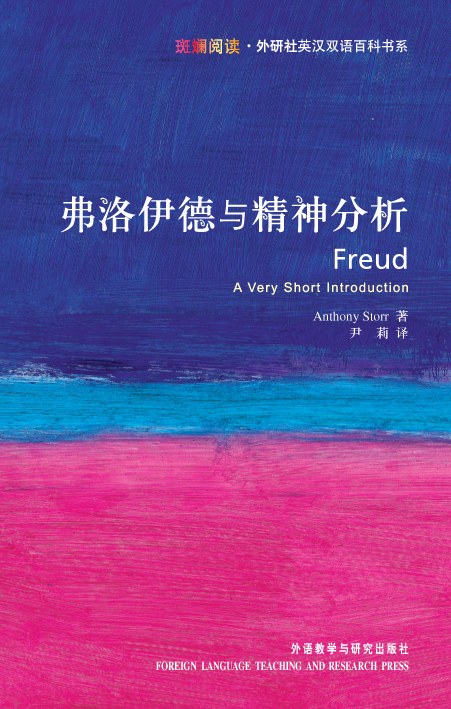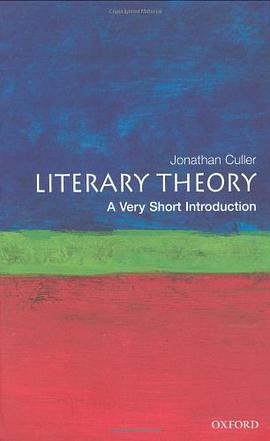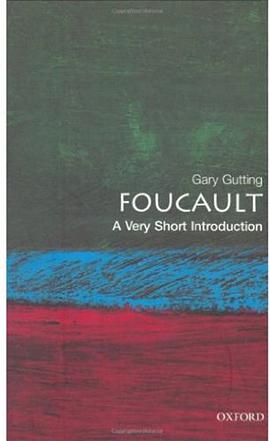牛津通识
Literary Theory 豆瓣
作者:
Jonathan Culler
Oxford Paperbacks
2000
- 2
What is Literary Theory? Is there a relationship between literature and culture? In fact, what is Literature, and does it matter? These are the sorts of questions addressed by Jonathan Culler in a book which steers a clear path through a subject which is often perceived to be impenetrable. It offers insights into theories about the nature of language and meaning, whether literature is a form of self-expression or a method of appeal to an audience, and outlines the ideas behind a number of different schools: deconstruction, semiotics, postcolonial theory, and structuralism amongst them.
Foucault 豆瓣
8.8 (5 个评分)
作者:
Gary Gutting
OUP Oxford
2005
- 4
Foucault is one of those rare philosophers who has become a cult figure. Born in 1926 in France, over the course of his life he dabbled in drugs, politics, and the Paris SM scene, all whilst striving to understand the deep concepts of identity, knowledge, and power. From aesthetics to the penal system; from madness and civilisation to avant-garde literature, Foucault was happy to reject old models of thinking and replace them with versions that are still widely debated today. A major influence on Queer Theory and gender studies (he was openly gay and died of an AIDS-related illness in 1984), he also wrote on architecture, history, law, medicine, literature, politics and of course philosophy, and even managed a best-seller in France on a book dedicated to the history of systems of thought. Because of the complexity of his arguments, people trying to come to terms with his work have desperately sought introductory material that makes his theories clear and accessible for the beginner. Ideally suited for the Very Short Introductions series, Gary Gutting presents a comprehensive but non-systematic treatment of some highlights of Foucault's life and thought. Beginning with a brief biography to set the social and political stage, he then tackles Foucault's thoughts on literature, in particular the avant-garde scene; his philosophical and historical work; his treatment of knowledge and power in modern society; and his thoughts on sexuality.


